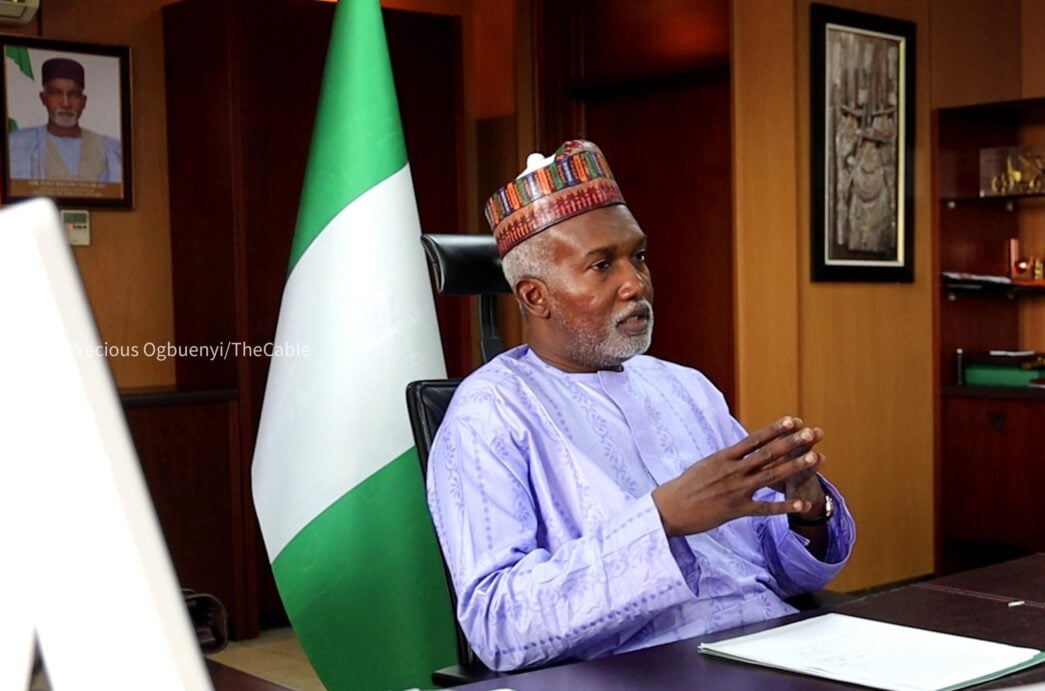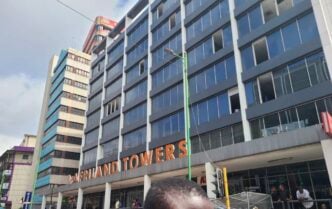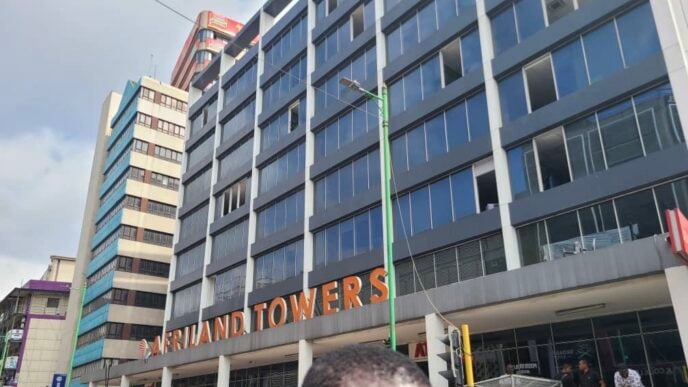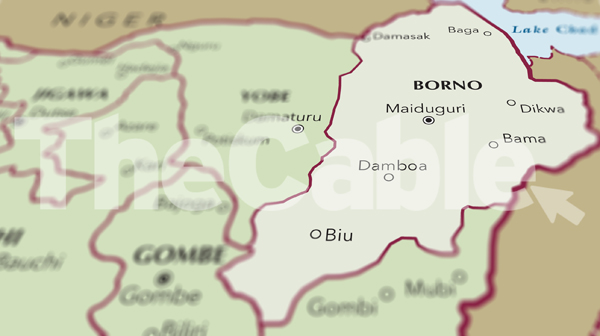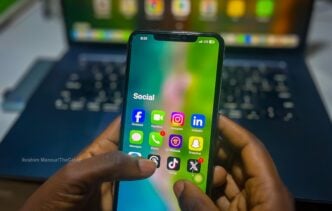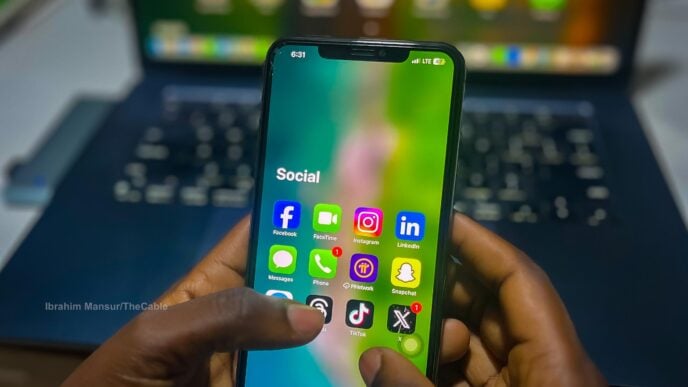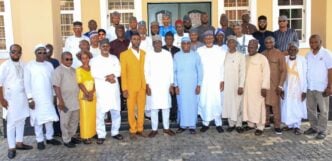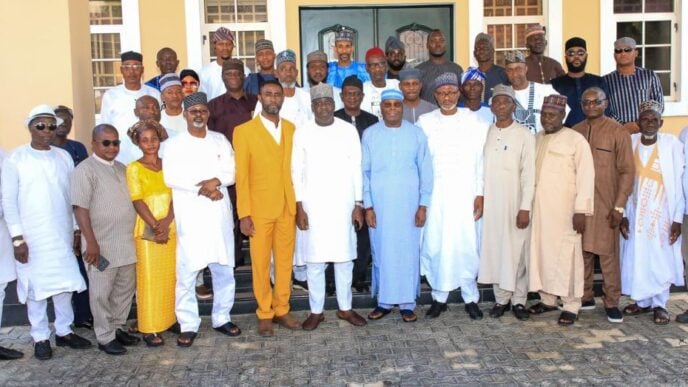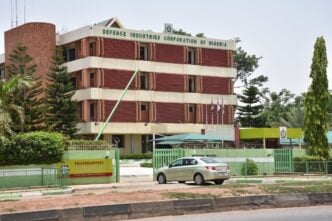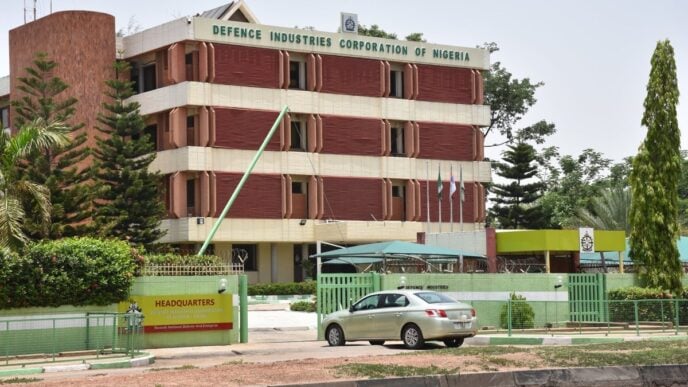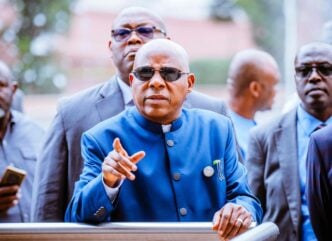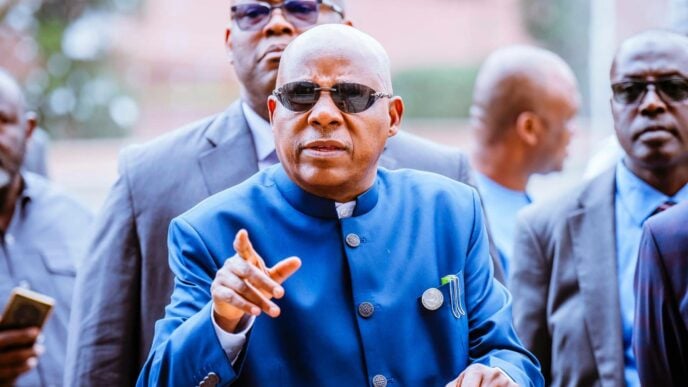Yusuf Tuggar, minister of foreign affairs
For eight decades, the United Nations General Assembly (UNGA) has served as a forum for ambitious declarations, occasionally audacious rhetoric, and intense debate over the world’s most pressing issues — including poverty, development, peace, and security.
Unlike other UN organs like the security council, and the economic and social council, where membership is restricted, the UNGA is the only body where all 193 member states have equal representation.
The annual gathering began on September 9 in New York. This year, UNGA will be marking its 80th anniversary and has named the theme “Better together: 80 years and more for peace, development and human rights.”
However, it is not until September 23 that all eyes will be fixated on the body’s proceedings. This is when the high-level general debate, when world leaders deliver major speeches, will start and continue through September 29.
Advertisement
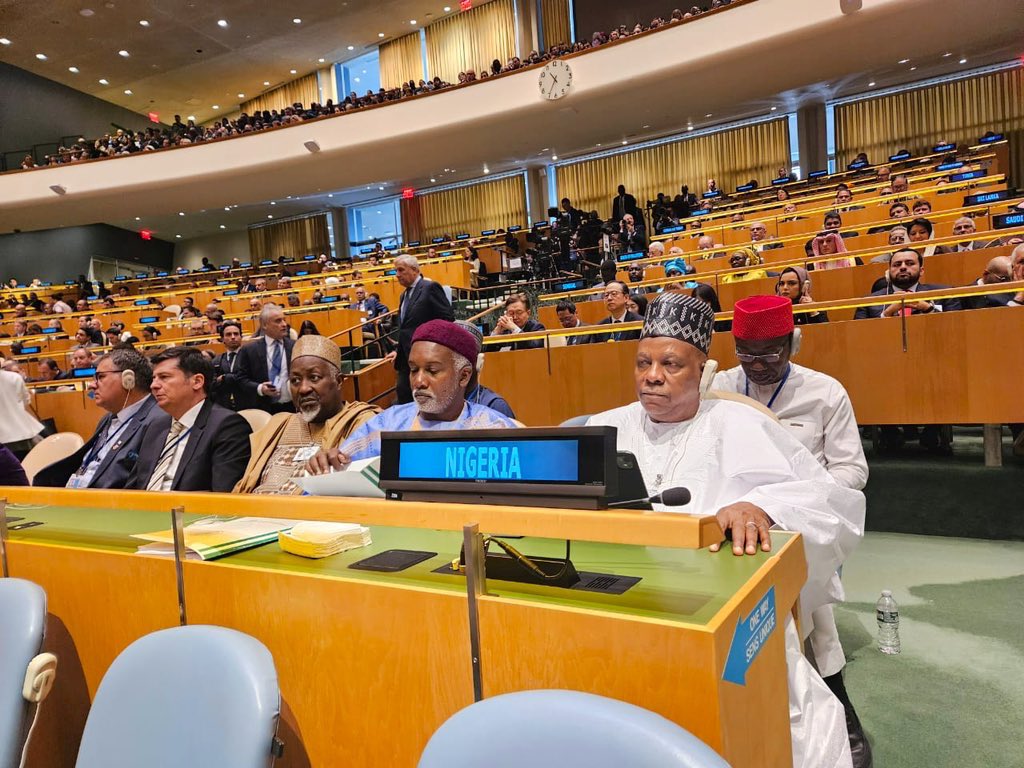
Key topics like development, security, climate change, women’s empowerment, and global health are expected to take centre stage.
According to reports, President Bola Tinubu is scheduled to attend and deliver his address during the afternoon session on September 24, making him the 17th world leader to speak on Day 2 of the general debate.
However, his slot could change if he does not attend in person.
Advertisement
World leaders attending the forum comprise 98 heads of state, five vice-presidents, 44 heads of government, and four deputy prime ministers.
In an interview with TheCable, Yusuf Tuggar, minister of foreign affairs, said Nigeria has assembled a “strong” delegation to be led by Vice President Kashim Shettima. Tuggar said Nigeria’s message to the world would be firmly rooted in the forum’s theme for the year.
Here are the key demands he highlighted.
REPRESENTATION IN UN SECURITY COUNCIL
Advertisement
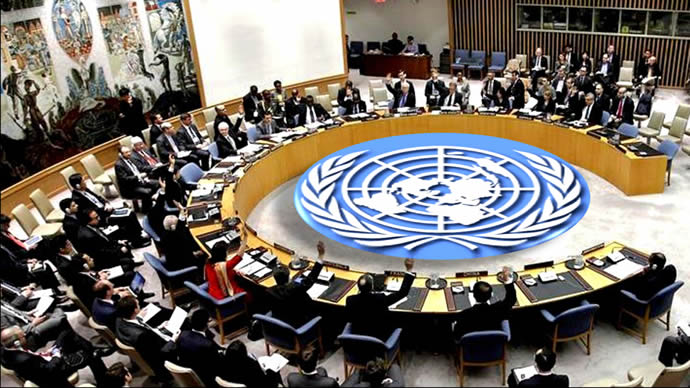
The UN Security Council (UNSC) has a unique structure composed of 15 members — five permanent members and 10 non-permanent members.
The five permanent members, known as the P5, include the United States, the United Kingdom, Russia, China, and France. These countries each have veto power.
The ten elected non-permanent members, who serve two-year nonconsecutive terms, are not afforded veto power. These seats are shared between global regions. Africa has three seats; Asia-Pacific, two; Eastern European, one; Latin American and Caribbean, two; and Western European and others, two. There’s also an Arab seat alternates between the African and Asian blocs by informal agreement.
Nigeria has served as a non-permanent member multiple times, with the most recent being in 2015. But over the years, the country has sought to secure a permanent seat of its own, a shared ambition with other regional powers such as Brazil, Germany, India, Japan, and South Africa.
Advertisement
Tuggar made strong arguments for this case.
“Some figures show that 70 percent, some even say more, of the issues being discussed in the UN Security Council have to do with Africa,” he said, listing the multiple ongoing conflicts in Sudan, eastern Congo, and the Sahel.
Advertisement
Tuggar said it was absurd that decisions were made regarding these issues without a defining voice of the African nation. He pointed to Nigeria’s record as the only country on the continent with a near-permanent status in the African Union (AU)’s peace and security council.
“It’s a natural progression,” he said.
Advertisement
Though the minister expressed optimism that Nigeria’s ambition is building momentum among the P5 countries, he said some African nations are demanding that the permanent seat be rotational. Tuggar dismissed the arguments.
“That’s neither here nor there because it comes back to what we have at the moment, where you have five permanent members, and then you have ten seats that rotate among other countries. Even now, Africa has rotational seats. So, what’s the point, then, if they are pushing for that?” he said.
Advertisement
“Nigeria is not in support of that. We’re saying based on the fact that we represent the continent, we represent it well, we were strong advocates and worked diligently to free Africa from the yoke of racist regimes. If you talk about Mozambique, South Africa, Namibia, Angola, and Guinea-Bissau, we championed that. We made huge sacrifices to see that to fruition.
“The fact that we are also the largest country in Africa, the most populous, we’re going to be the third most populous nation in the world. If truly, the United Nations is representative of the people on the planet, how can you not have the third most populous country, and this is just in 25 years, representing?”
Though the UN has since nodded to calls for reform, analysts fear that the odds of substantial change are remote. Amending the UN Charter requires an affirmative vote and domestic ratification by two-thirds of UN member states. This includes all of the security council’s permanent members. It is unlikely they would take measures to curb their own influence.
GLOBAL FINANCE ARCHITECTURE REFORM
After the Second World War, 44 allied nations gathered at the UN monetary and financial conference in Bretton Woods, US, to establish a new framework for international economic cooperation. The meeting birthed the International Monetary Fund (IMF) and the International Bank for Reconstruction and Development (IBRD), which later formed part of the World Bank Group.
However, since these formations, nations from the developing parts of the world have kicked against these institutions, alleging unfairness in monetary policies that favour developed markets and leave smaller countries in debt.
Speaking to his West African counterparts during the inaugural West Africa Economic Summit (WAES), Tinubu said the region must work in coordination if it wants to achieve global economic relevance.
“Let us recognise that Africa was left behind in previous industrial revolutions. We cannot afford to miss the next one,” Tinubu said.
Tuggar noted that this stance will be re-echoed at UNGA.
“It’s already being accepted that there should be a reform of the global financial architecture because it’s a 20th-century contraption, but it’s been applied to the 21st century,” he said.
“We need to do away with that — the whole Bretton Woods Institutions and how they run and how they are controlled, which is why Nigeria also, again, championed the UN framework convention on tax reform.
“So, we’re going to push for that because there’s unfairness in the way taxes are collected, particularly when you look at the activities of multinational corporations that are primarily owned by the developed world and how they operate in the developing world.”
NEW APPROACH FOR DEVELOPMENT COOPERATION

To woo more development partners, Nigeria is shifting its courting strategy.
Tuggar admitted that project preparation and bankability have often impeded the country from accessing much-needed funds from partners and donors.
The idea, he explained, is to build the required skills to prepare a project in “such a way that it is bankable and people see that the funds would be applied judiciously”.
“We need to improve on that, and we’re engaging the United Nations on that. We’ve already had a series of meetings outside Nigeria, and we’ve had quite a number of them also within Nigeria,” the minister said.
Tuggar noted that Nigeria, as a member of the AU Peace and Security Council, is also going to be advocating for more funding at UNGA. He noted that the counterpart funding provided from the UN had been trimmed to a 75-25 percent split, where Africa has to provide the latter.
But Tuggar pointed to funding challenges within the continent. He also argued that countries like Nigeria already have an impeccable record in terms of peacekeeping, participating in about 50 operations out of 61 peacekeeping operations since the inception of the UN.
“We contribute not just troops, but also funds. So you see where we end up with a double whammy, where we contribute on the African side, we contribute on the UN side, and that is simply not something that is good,” he said.
CONDEMNATION OF ISRAEL’S WAR AND SUPPORT FOR PALESTINE
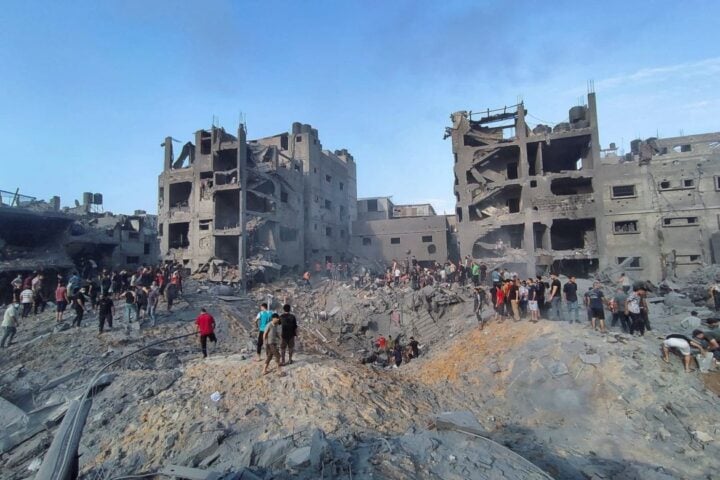
On human rights, Tuggar noted that Nigeria will be reiterating its stance for a two-state solution between Israel and Palestine at the UNGA.
At least 64,964 people have been killed in Israeli attacks in Gaza since fighting began in October 2023, according to the territory’s Hamas-run health ministry.
On September 16, a UN independent international commission of inquiry deemed that Israel committed genocide against Palestinians in the Gaza Strip.
The UN commission had been investigating the events for the last two years, concluding that Israeli authorities and Israeli security forces committed four of the five genocidal acts defined by the 1948 Convention on the Prevention and Punishment of the Crime of Genocide.
“Nigeria has been consistent in its position — a two-state solution. It doesn’t make sense to embark on this course of what clearly is genocidal,” Tuggar said.
“Israel’s actions have been condemned by many countries, including Nigeria. We’ve been consistent in our condemnation of Israel. We believe that the Palestinians have a right to statehood.”
In August, Bianca Ojukwu-Odumegwu, minister of state for foreign affairs, voiced Nigeria’s concern over the humanitarian situation in Gaza during a meeting with Sharren Haskel-Harpaz, Israeli vice-foreign minister.
Nigeria is not the only country that has expressed support for Palestine. In recent times, Australia, France, and Canada have all announced plans to formally recognise Palestine as a state. The UK made a similar announcement but hinged its recognition on Israel’s refusal to a ceasefire.
France and Saudi Arabia will co-chair a high-level conference on Palestine and the implementation of the two-state solution on September 22.
DEMOCRACY
In building regional harmony, Tuggar said that Nigeria will also be presenting its initiative centred on a regional partnership for democracy.
“It is a way to allow for what we would describe as the geometric application of democratic principles,” Tuggar explained.
“So, each country would work towards democracy at its own pace, based on the domestic nuances of Africa,” he added, noting that the initiative would not impose a “set template” of democracy that all countries have to apply.
It comes as countries in the Sahel splinter amid coups that have shaken confidence in the democratic norms long upheld by the international community.
Though most of the region has been unsettled, Tuggar expressed optimism that substantial partnerships can still be formed.
“Democracy can be made to suit the idiosyncrasies of each country, and this is what we partnered with the United Nations Development Programme (UNDP),” the foreign minister said.
“It is a concept that has been well received, so we will continue to work on that so that other countries will also buy into it, particularly the countries in our region.”

